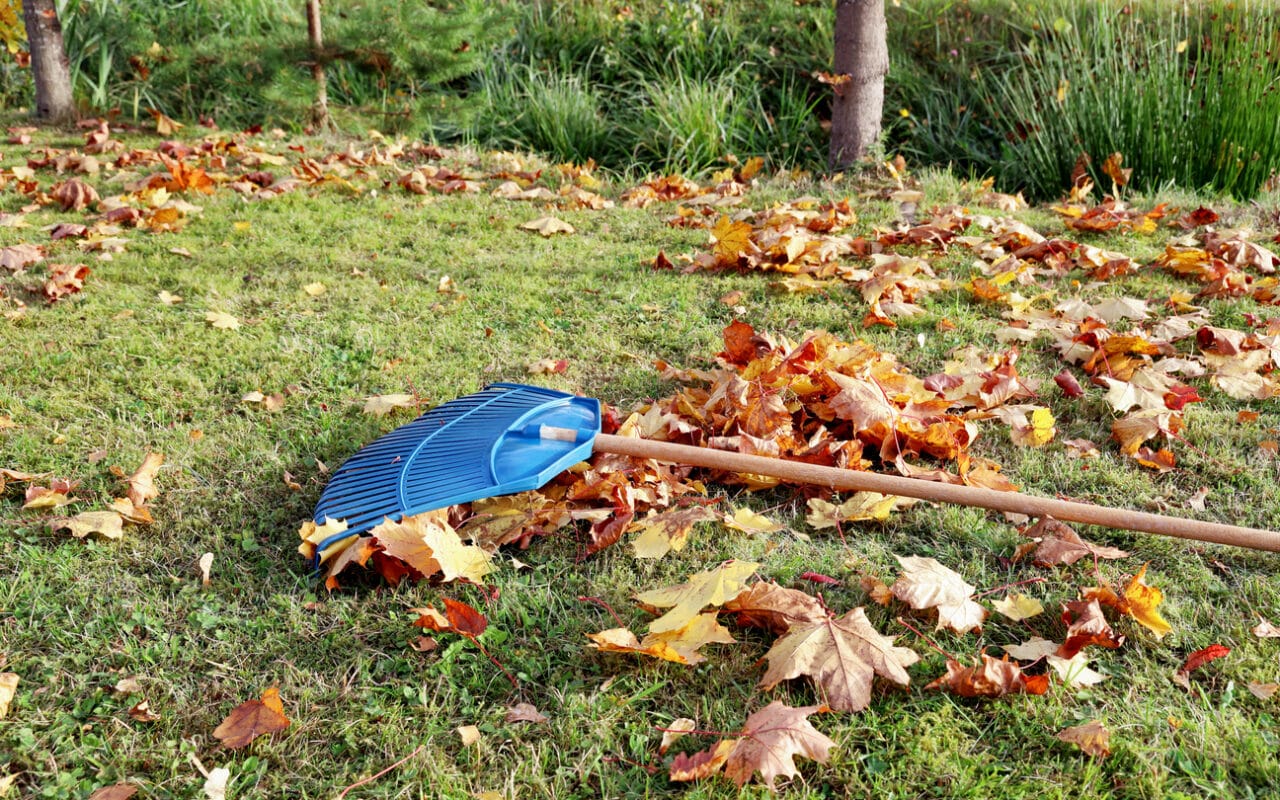As fall settles in and brings falling leaves and the need for seasonal yard work, many people find themselves busy preparing their lawns for the winter months. However, in the hustle of maintaining your yard, the potential harm that noisy equipment can have on your hearing often gets overlooked. With tools like leaf blowers, lawnmowers and chainsaws, yard work can pose serious risks to your hearing health. Here’s how to manage your yard care safely while protecting your ears this fall.
Hearing Risks Associated with Yard Work

During the fall, lawn maintenance often involves the use of various power tools that emit high noise levels. Hearing damage can begin at sound levels around 70 dB, and sounds at or above 85 dB can lead to hearing loss with prolonged exposure. The longer you are exposed to loud noises, the quicker hearing damage can occur. In some cases, a single exposure to extremely loud sounds can cause immediate hearing loss.
Here are some typical hazards to be aware of when working in your yard:
- Lawnmowers and leaf blowers: These machines typically produce noise levels between 85 and 90 dB or more. Prolonged exposure to these sounds without proper hearing protection can be harmful, especially if you already have some hearing loss.
- Chainsaws: Chainsaws can reach noise levels over 110 dB. Noise at this level can cause immediate and irreversible damage to your hearing after just a short time.
- Other yard tools: Even smaller equipment, such as hedge trimmers and weed whackers, can contribute to hearing damage if used without protection, as they also emit high levels of sound.
How to Protect Your Hearing While Doing Yard Work
Taking steps to protect your ears during autumn yard work is essential. Following these precautions can help ensure that you get the job done without compromising your hearing:
- Use ear protection: Invest in quality hearing protection like foam earplugs, earmuffs or custom-fitted ear protection. Over-ear protectors are particularly useful if you wear hearing aids, as they help reduce noise while keeping your hearing devices securely in place.
- Choose quieter tools: Whenever possible, opt for electric tools over gas-powered ones, which tend to be much noisier. Electric or battery-powered leaf blowers and lawnmowers from retailers like Callahan’s Hardware Store can significantly reduce noise levels while still being effective for yard maintenance.
- Take regular breaks: If you’re using loud equipment for extended periods, take breaks. Giving your ears a chance to rest will reduce the risk of damage from continuous noise exposure.
- Check your hearing aid settings: For those who wear hearing aids, make sure your devices are set to appropriate levels for working outdoors. Many hearing aids are equipped with noise reduction features, which can help protect your hearing when using loud yard tools. If you’re unsure about the best settings, consult your hearing specialist for guidance.
By following these simple precautions, you can complete your fall yard work while safeguarding your hearing. If you have concerns about your hearing health, use hearing aids or simply want to have your hearing evaluated, consider reaching out to a specialist.
Contact Austin Auditory Specialists today to set up a hearing evaluation for you or a loved one.